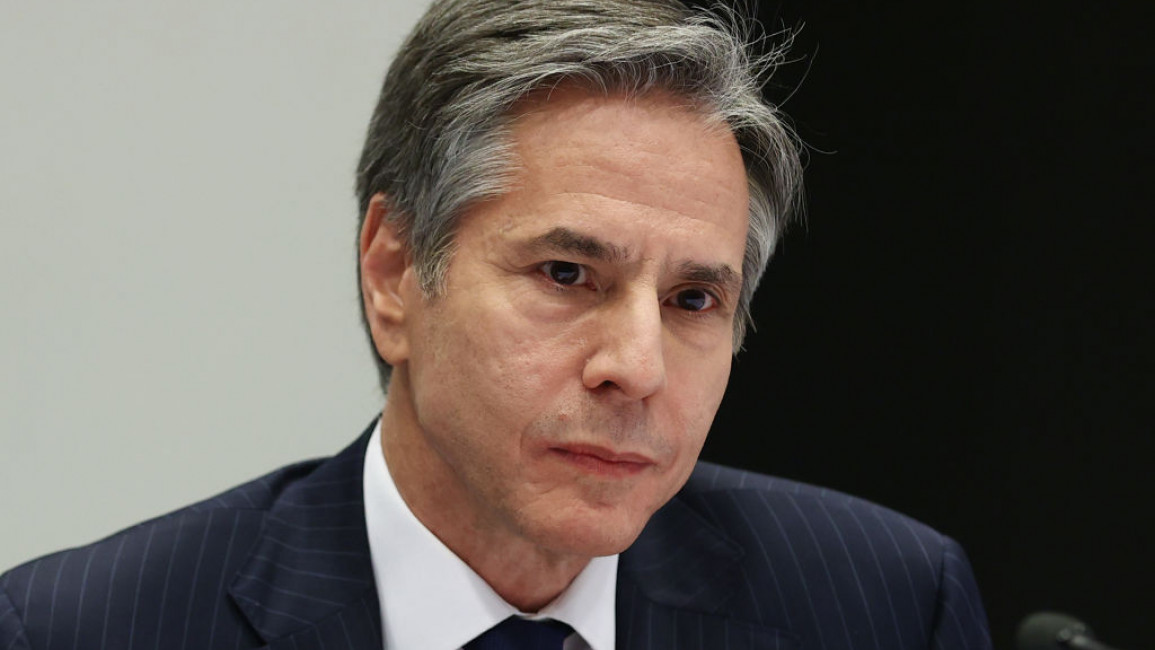Poland's Holocaust, media bills cause strong US, Israeli, EU criticism
Poland is looking at a more difficult relationship with two allies, the United States and Israel, after lawmakers passed separate bills — one dealing with foreign ownership of media and the other affecting the property rights of the families of Holocaust survivors — which the Polish government had been warned to drop.
The European Union also slammed the media bill on Thursday as undermining media freedom, adding to pre-existing strains between Warsaw and Brussels from the EU's perception of democratic backsliding in member nation Poland.
The bills passed the lower house of the Polish parliament on Wednesday, and still require Senate approval and the signature of the president, who supports the right-wing party that has governed the country since 2015.
The two proposals threaten to further isolate Poland, whose geographic position in Central Europe has often left it at the mercy of stronger neighbours, and whose membership in the EU and NATO and relationship with the US are considered key guarantees of the country's future security.
One of the bills that passed is aimed at forcing Discovery Inc., the US owner of Poland’s largest private television network, to sell its large and popular Polish network, TVN. The other would prevent former property owners, including Holocaust survivors and their descendants, from regaining property expropriated by the country’s former communist regime.
US Secretary of State Antony Blinken issued a statement late on Wednesday about what he called the "troubling legislation," saying that the NATO alliance to which Poland belongs "is based on mutual commitments to shared democratic values and prosperity."
"These pieces of legislation run counter to the principles and values for which modern, democratic nations stand," Blinken said.
Plans for the media bill in Poland triggered nationwide protests by people who fear that their right to independent information is under attack. Among the crowds were older Poles who remember the censorship of the communist era.
The bill's passage drew some angry protesters to the parliament building late on Wednesday, including some who verbally assaulted and shoved an opposition lawmaker, Dobromir Sosnierz, while apparently mistaking him for a member of the ruling Law and Justice party.
By contrast, the law which would affect the former property owners — both Jewish and non-Jewish — got almost no media coverage in Poland. But it sparked a fast and angry response from Israel, with Foreign Minister Yair Lapid saying it "damages both the memory of the Holocaust and the rights of its victims."
The EU Commission, which polices EU law, said it will follow the media issue very closely while the EU's top watchdog for democratic values, Vera Jourova, tweeted that the foreign ownership bill sends a negative signal.
"Media pluralism and diversity of opinions are what strong democracies welcome, not fight against," Jourova wrote. "We need a #MediaFreedomAct in the whole EU to uphold media freedom and support the rule of law".
European Parliament President David Sassoli also weighed in on the media vote, calling it "very worrying."
"If the law comes into force, it will seriously threaten independent television in the country. There can be no freedom without a free media," he said.
But his was one of the few comments from European leaders about a development that to many looked like a crucial move in a step-by-step dismantling of the democratic standards that Poland embraced when it threw off the communist regime in 1989.
Hungary had already set the trail for such an illiberal political direction, and the EU has shown little ability so far to do much to ensure adherence to its values either there or in Poland, both previously seen as models of democratic transformation.
#Israel's foreign ministry said a draft bill introducing a #StatuteOfLimitations on property restitution which was passed by #Poland's lower house could impact up to 90 percent of requests by #Holocaust survivors and their descendants. 👇 @yairlapidhttps://t.co/3AeI0CQJ7K
— The New Arab (@The_NewArab) June 28, 2021
After communism ended more than three decades ago, many foreign investors entered Poland's media market. Poland's ruling party, led by the country's de facto leader, Jaroslaw Kaczynski, has long seen this as a problem and sought to "re-Polonize" the media.
The party argues that keeping Polish entities in control of the media is a matter of national security and that its regulations are in line with Western European standards.
However, the party's critics see the efforts to nationalise media as a pretext for silencing independent voices. The effort is well on its way. Soon after winning power in 2015, Law and Justice transformed tax-funded public media into a party mouthpiece.
Last year the state oil company bought a large private media group that owned newspapers, magazines and internet portals, and has since moved to changing the editors.
On Thursday, TVP Info, the public broadcaster's all-news station, declared that the parliament had defended "Polish sovereignty" with its media bill.
Independent journalists have a different view. A letter in defence of TVN had gathered the signatures of over 1,000 Polish journalists on Thursday.

![Thousands gather in front of the Cannon House Office Building and the US Capitol to demand the US pressure Israel on a ceasefire in its conflict with Gaza. [Brooke Anderson/The New Arab]](/sites/default/files/styles/image_330x185/public/2023-10/393387495_710301464290105_8375393679399060035_n.jpg?h=ff8c3fa3&itok=WdtyAWP_)

